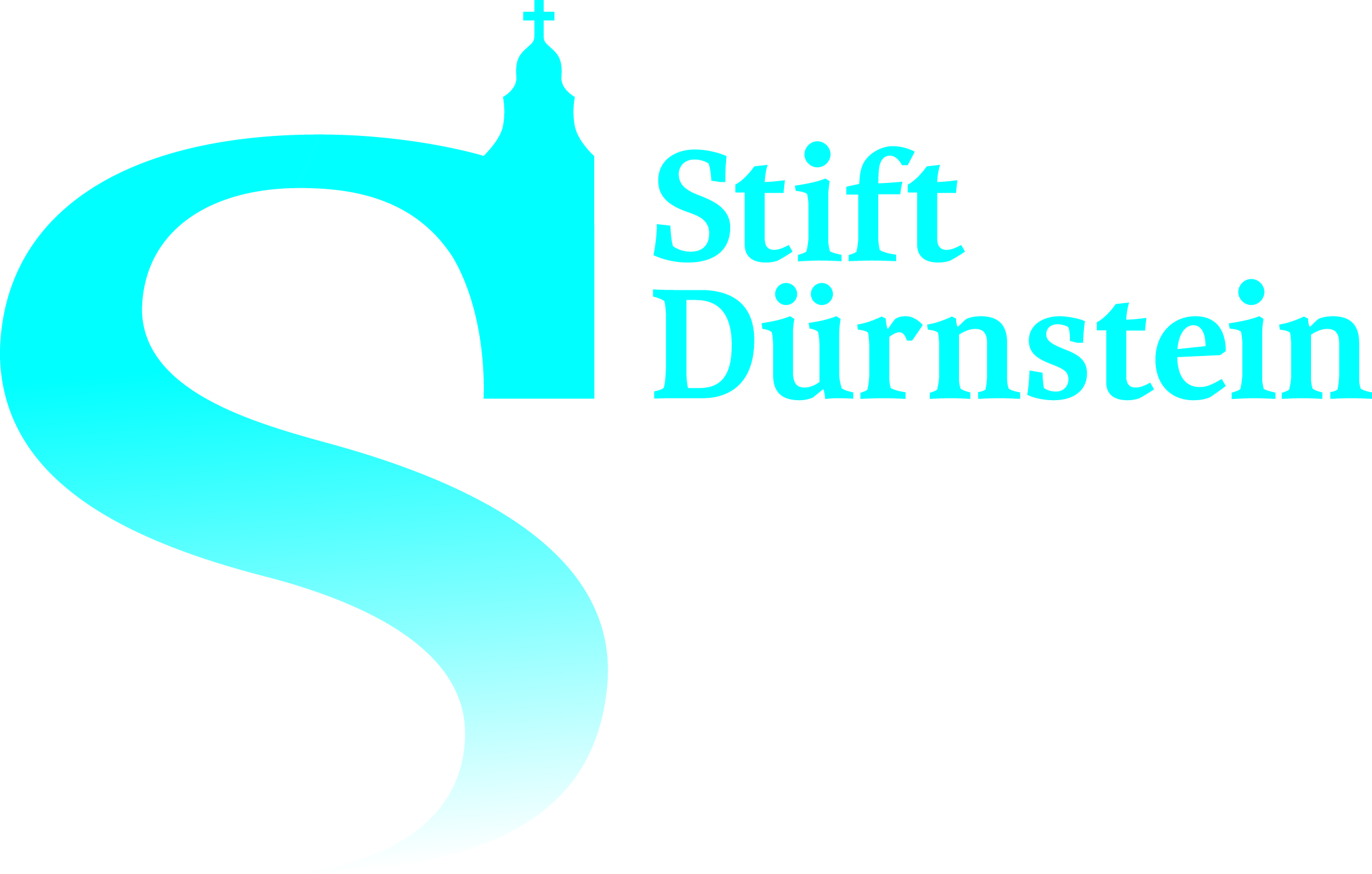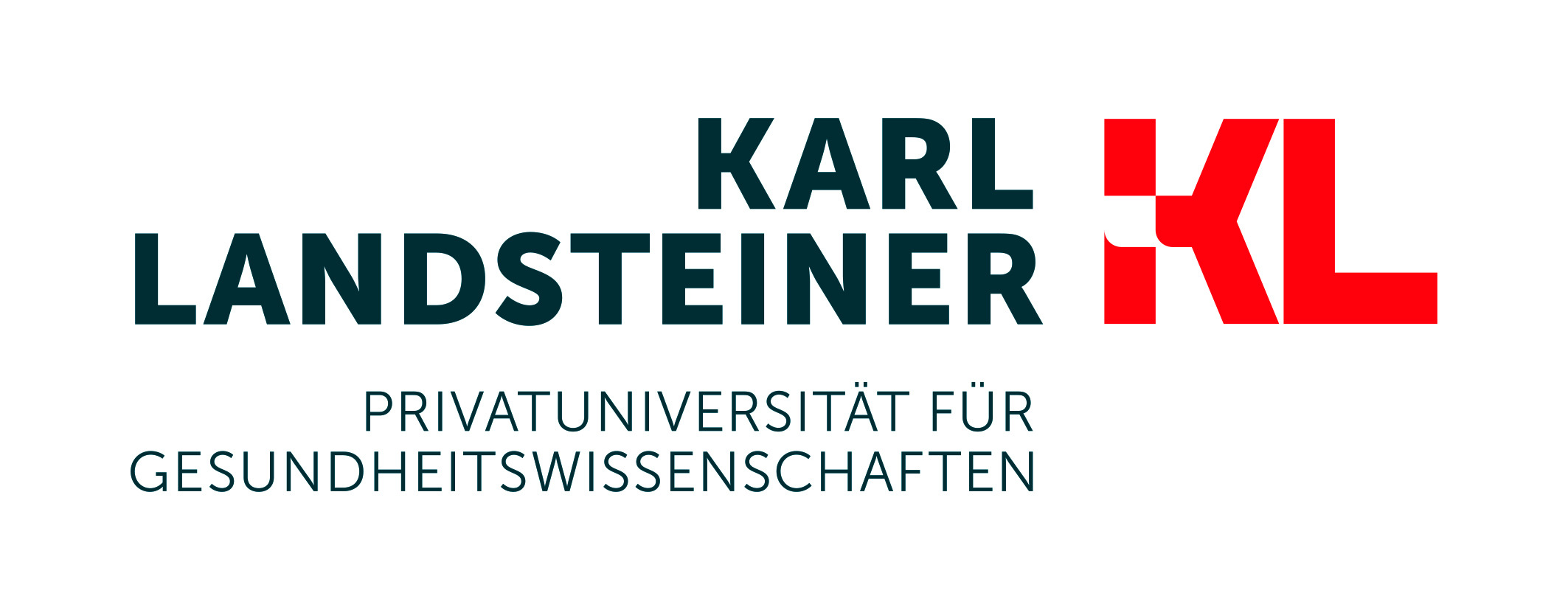SYMPOSIUM
DÜRNSTEIN
2024
WHAT ARE WE GOING TO EAT TOMORROW?
Questions about the future of nutrition.
WHAT ARE WE GOING TO EAT TOMORROW?
Questions about the future of nutrition.
Humans - like all living creatures - are dependent on nutrition and water, even though sleep comes first on the list of the most important ‚foods‘, followed by exercise, and breathing as the basis of life.
Since times immemorial food security has always been a central issue in human history. Farming, animal husbandry, stockpiling as well as trade have been essential parts of life since the Neolithic Age; salt, for example, is an important commodity. The industrialisation of agriculture as well as globalisation have considerably impacted food supply and diversity over the last one-hundred years. Although today more food is produced than ever before, about one third of the planet's population is suffering from hunger and malnutrition.
Biodiversity is the most essential factor for food security, because it is also key for soil health and crop resilience. Other variables for food security include soil, water and climate, i.e. nature as a whole. The enormous loss of biodiversity is just as much a threat to food security as is the use of toxic industrial chemicals that are not degradable ("eternal chemicals") and that are absorbed by the human organism via the food chain.
The title of the World Agriculture Report, commissioned by the World Bank and the UN and published in 2008, is "Agriculture at the Crossroads". The future of the planet's nutrition cannot be secured by a few global concepts such as genetic engineering or industrialization, but only by a wealth of different local and global techniques and innovations. Digitalisation can be a valuable tool for the recommended and adapted smallholder-managed agroforestry.
Societal and political factors (e.g. subsidies) are key determinants for e.g. the cultivation of biofuel, food from the lab, or even from the 3D printer. For cities in particular – after all the homes of a large part of the world's population - food security is an important issue. This is also why we are seeing the rise of new organisational patterns such as Communal Supported Agriculture. Using the slogan “agriculture turns urbanculture” the "urban food movement" seeks to re-localise urban supply. Also central are the quality of food and of food processing: convenience food or even home cooking are alternatives that also harbour ethical questions (environmental ethics, care ethics).
Symposion Dürnstein asks experts from various fields which perspectives should be considered crucial for future food security.
Curator: Ursula Baatz
Organizer: Gesellschaft für Forschungsförderung Niederösterreich m.b.H.
STATEMENTS OF OUR GUESTS
SHUTTLE WIEN–DÜRNSTEIN
INDIVIDUAL ARRIVALS
OVERNIGHT
Book desk
Our book table offers a selection of books and literature that match the respective theme of the Symposion Dürnstein. Many of the works have been written by speakers and are available for purchase.
Please note: Only cash payment is possible.
- Klaus Ranger
EVENT LOCATION
Stift Dürnstein
Dürnstein 1
3601 Dürnstein
COOPERATION PARTNERS
SUPPORTERS
MEDIA PARTNER
YOU NEED SUPPORT? CONTACT US!
Bettina PILSEL
b.pilsel(at)gff-noe.at
+43 2742 275 70-42
+43 664 911 54 03






